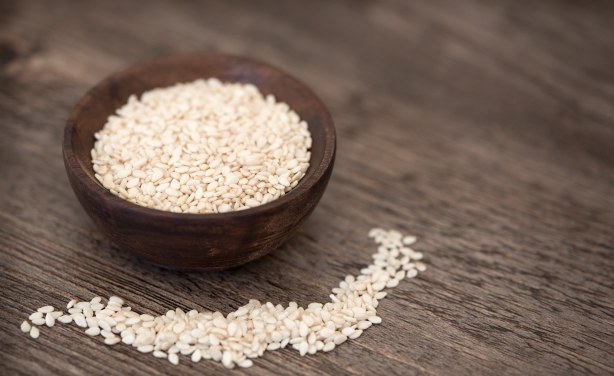-
East Africa: Fighting Over 'White Gold' - Sesame in Ethiopia and Sudan
Chatham House, 4 April 2023
The supply chain of a seemingly innocuous cash crop - sesame - has intersected with transnational conflict dynamics, exacerbating tensions between Ethiopia and Sudan. Read more »
-
Africa: Africa Yet to Realise Potential in Sesame Production
Daily News, 11 May 2021
IN the next few weeks we will be trying to have a look on the less-spoken edible oil, the palm oil. Its health and economic value is usually understated causing little attention to… Read more »
-
Zimbabwe: Muzarabani Farmers Struggle for Sesame Seed Market
The Herald, 24 June 2021
For 42-year-old Mrs Lydia Mudoro of Chareka Village in Muzarabani's Ward 23 covering the Kaerezi area, growing sesame seeds as an alternative cash crop to her traditional cotton… Read more »
-
Nigeria: Sesame Farmers, Processors Eye Global Market Space As Export Hits U.S.$396 Million
Daily Trust, 7 August 2022
No fewer than 150 Kano sesame farmers, processors and exporters have been trained by experts on the global methods of packaging, exportation and marketing of Sesame Value Chain to… Read more »
-
Malawi: Chakwera Says Govt Will Promote Sesame Farming
Nyasa Times, 29 April 2022
President Dr. Lazarus McCarthy Chakwera says his government will promote sesame farming as the country yearns for diversification in the agriculture sector. Read more »
The Growing Market for Africa's 'White Gold'
Sesame seeds are more than just garnish on a bun. They are a good source of healthy fats, protein, B vitamins, minerals, fibre, antioxidants, and other beneficial plant compounds. Sesame seeds are also known for their ability to control blood sugar levels and aid in the easing of arthritic pain. They are also used in salad dressings or marinades, for added texture and a nutty flavour.
In Africa, the farming of the seed is slowly growing in popularity. In Ethiopia, sesame is one of three oilseed crops - sesame, soybean and Niger seed - and accounts for 20% of its total agriculture export profits, second only to coffee. Sudan's sesame production is centred around Gedarif state, which is known as the country's breadbasket.
Tensions have however been growing between Ethiopia and Sudan, where the crops are grown on the border of the two nations, after the Sudanese army occupied the land in late 2020, during the Ethiopia-Tigray war, writes Ahmed Soliman for Chatham House.
In Zimbabwe, some 5,000 farmers have been trained in sesame farming by a private company because they say, it is a cash crop whose seeds are rich in oil and is drought tolerant.
Nigeria generates an average of U.S.$1,400 per metric ton of sesame exported. Sesame seeds, or beni-seeds as they are locally known, are among the most commercially viable crop critical to the agricultural economy of Nigeria.
In Malawi, President Lazarus Chakwera says his government will promote sesame farming as the country yearns for diversification in the agriculture sector.


